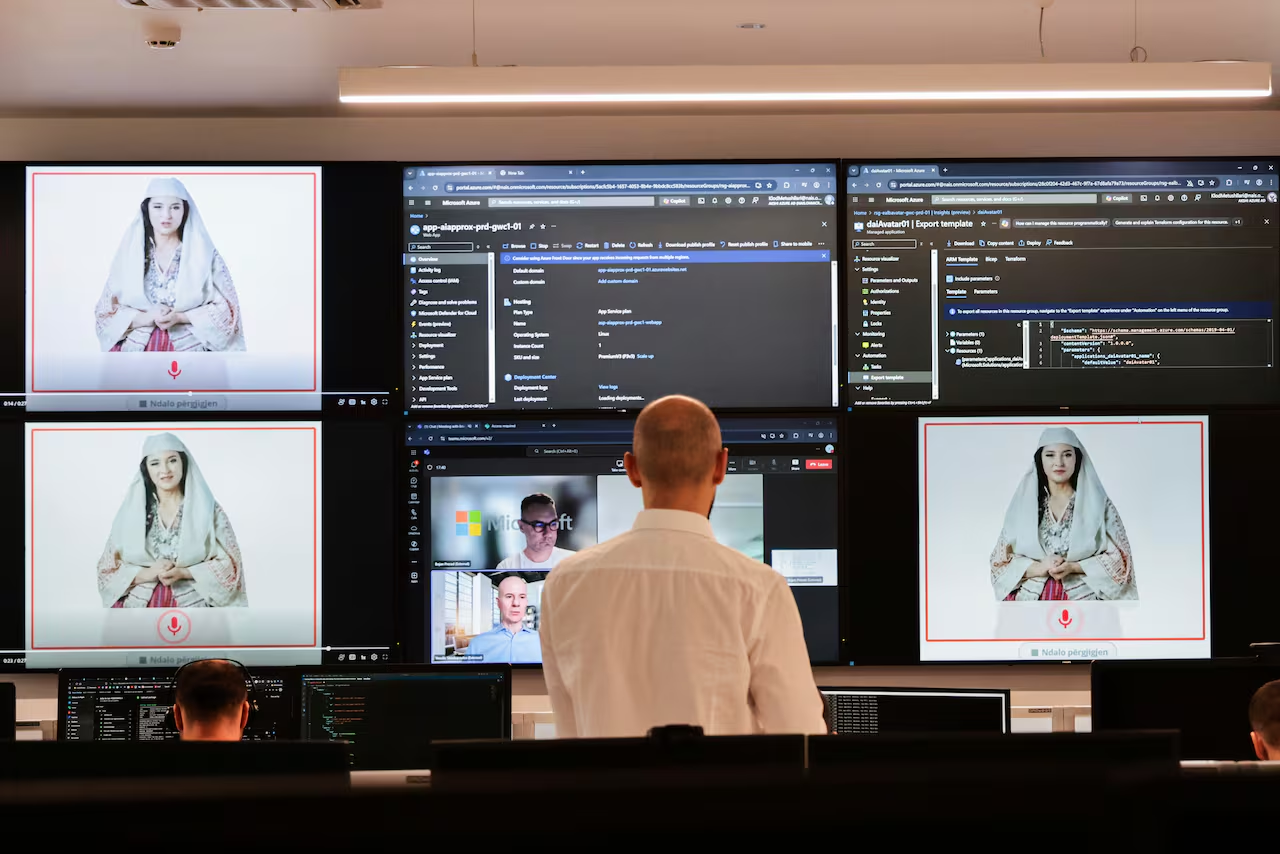< Back to news
As part of a broader European effort to strengthen digital autonomy, the Groningen AI Factory is expected to become one of several AI hubs across the EU. If funding proceeds as planned, the knowledge centre will launch in mid-2026, and the supercomputer is scheduled to go live in early 2027. 


27 July
AI Factory in Groningen Moves Ahead — Amsterdam AI Involved
The development of a national AI Factory in Groningen has taken a major step forward. The Dutch government has committed €70 million, adding to an earlier €60 million pledge from the Northern Netherlands. A request for an additional €70 million in EU funding has been submitted, bringing the total anticipated investment to €200 million.
The AI Factory will consist of two core components:
- A supercomputer, equipped with AI-optimised chips, designed to accelerate innovation in sectors like healthcare, energy, defence, and agriculture.
- A knowledge and innovation hub located in the former Niemeyer tobacco factory in Groningen, where researchers, companies and institutions can collaborate on AI applications and responsible implementation.
Amsterdam AI has actively contributed to this national initiative by:
- Identifying and providing use cases that demonstrate the societal and economic impact of AI.
- Collaborating with SURF, AIC4NL, and other partners on the strategic approach to building an AI infrastructure that aligns with national and European ambitions.
- Supporting the inventory and planning of the computing and knowledge capacity required to make the AI Factory a success.
As part of a broader European effort to strengthen digital autonomy, the Groningen AI Factory is expected to become one of several AI hubs across the EU. If funding proceeds as planned, the knowledge centre will launch in mid-2026, and the supercomputer is scheduled to go live in early 2027.
Vergelijkbaar >
Similar news items

September 23
Albania’s AI minister Diella: innovation, symbolism, and the risks in between
Albania unveiled “Diella,” a virtual AI minister tasked with overseeing public procurement to curb corruption. The move is ambitious and eye-catching, but raises fundamental questions about legal footing, transparency, human oversight, and operational detail.
read more >

September 22
CWI supports UN with AI to filter sensitive data from crisis platform
Researchers at CWI developed an AI method with the United Nations to filter sensitive information from the Humanitarian Data Exchange platform, improving protection of humanitarian data against misuse.
read more >

September 18
€3.8 million for AI research on accessibility in Dutch cities
The University of Amsterdam has received €3.8 million for the BEAT research project, which uses AI and data to develop new solutions for more accessible cities.
read more >